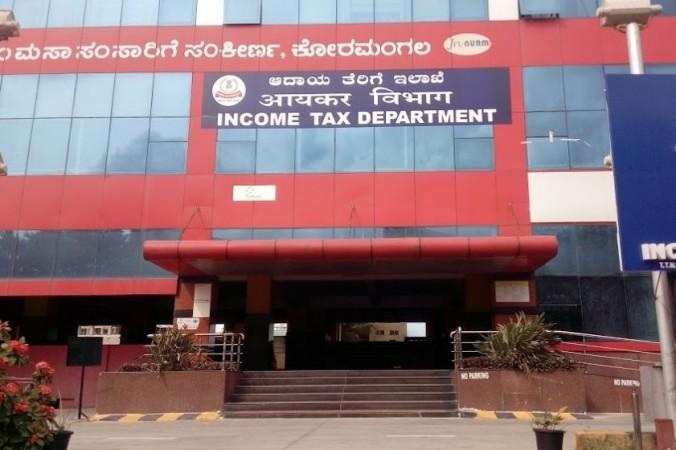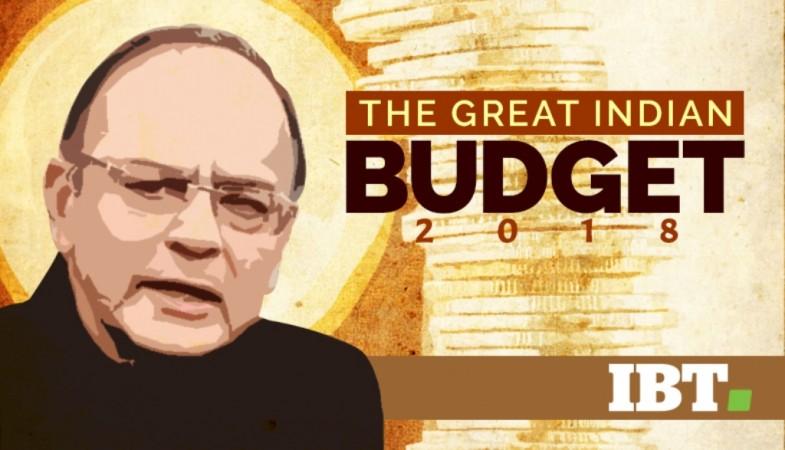
The direct tax code (DTC) panel tasked by Finance Minister Arun Jaitley to revise the income-tax (I-T) slabs, particularly the 20 percent bracket, has sought three months to incorporate the suggestions, a media report says.
"The current tax rates are ambiguous in nature, especially the lower slabs," an official told the Business Standard news website. "As suggested we will work towards harmonizing the tax rates, currently prone to interpretation. We will seek more expert voices and weigh the circumstances to incorporate the changes in line with the suggestions we have received."
Income up to Rs 2.5 lakh is currently exempt from tax and those earning up to Rs 5 lakh pay 5 percent, while those earning up to Rs 10 lakh pay 20 percent tax. Assessees with income above Rs 10 lakh go on the 30 percent tax bracket.
As per the latest vote on account effective from April 1, those with income up to Rs 5 lakh will not have to pay tax, as they have been given tax credits in the interim Budget passed by Parliament. Those with income up to Rs 10 lakh might also escape the tax net in the next financial year if the right investments are chosen.
The report cites sources saying that with the elections around the corner, the government does not want to bring in a long-pending report of the DTC panel, which was scheduled to be released this week.
The finance ministry had appointed a second task force on the DTC after there were disagreements among members in an earlier panel. The new task force was expected to submit its report to the finance ministry on Thursday.

The panel has sought global trends and best practices adopted by developed nations to obtain a better perspective of the issue and draft effective legislation, according to sources.
The objective of the DTC report would be to evolve a robust and calibrated plan so that people would have more clarity and help to increase the tax base.
The previous United Progressive Alliance (UPA) government attempted to reform the age-old taxation system through the DTC. Aimed at consolidating and integrating all direct tax laws by replacing the Income-Tax Act, 1961, and the Wealth Tax Act, 1957, the DTC was expected to rationalize the tax regime. It proposed an annual income tax exemption limit at Rs 2 lakh and suggested 10 percent tax on income between Rs 2 lakh and Rs 5 lakh, 20 percent for the Rs 5 lakh-10 lakh bracket, and 30 percent for those earning Rs 10 lakh and above. The parliament standing committee on finance placed the revised draft for suggestions in the public domain in March 2014.
The Bharatiya Janata Party-led National Democratic Alliance (NDA) government of Prime Minister Narendra Modi that succeeded the Manmohan Singh government sought an overhaul of the report believing that the reforms should be in sync with the economic circumstances of the country. Hence the new task force.
















